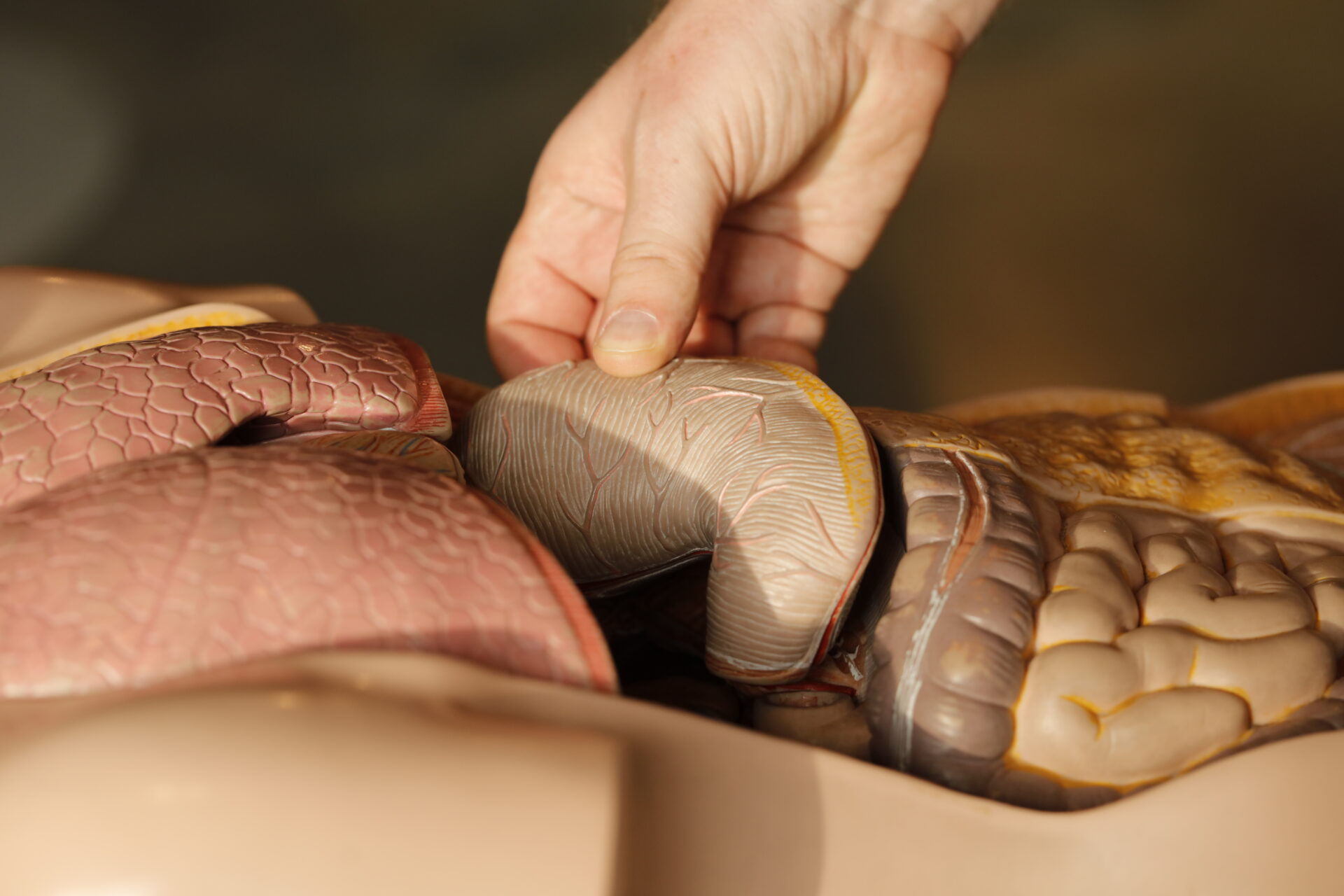We can’t survive without our kidneys, yet most of us don’t give them much thought. This is although one in three Australians have risk factors for kidney disease, according to Kidney Health Australia.
The main role of our kidneys is to remove waste from the blood and return the cleaned blood back to the body. They can do this because of the tiny filtering units they contain called nephrons. Each kidney contains about one million nephrons and together they filter and clean about 1 litre of blood every minute.
When the kidneys are damaged, they can no longer remove waste products from the body, which build up and become toxic. These include urea, which is produced when the body breaks down protein, and creatinine, which is a waste product made by the muscles. Minerals, including sodium, potassium and phosphate, can also build up to dangerous levels. And fluid retention can occur when the kidneys cannot remove excess fluid from the body. However, you can lose 90% of your kidney function before symptoms appear.
The good news is that there are many things you can do to keep your kidneys healthy.
- Keep your blood pressure well managed (below 130/80) through lifestyle changes and blood pressure medications. High blood pressure increases the workload on the kidneys.
- Maintain a healthy weight – being overweight increases the risk of high blood pressure and diabetes, and can make these conditions harder to manage.
- Don’t smoke– studies have shown that current smokers have a 1.9-fold higher risk of developing chronic kidney disease and former smokers a 1.4-fold risk. Need help to quit? Call the Quitline on 13 78 48 or visit Australian Government: How to Quit Smoking
- Maintain healthy levels of blood fats (cholesterol and triglycerides) by eating a heart- healthy diet and taking medication where needed.
- If you have diabetes, keep blood glucose levels well managed through lifestyle changes and diabetes medications.
- Exercise regularly – being active can help with managing weight, blood pressure and blood glucose levels.
- Eat a healthy diet based around plenty of fruit, vegetables and minimally processed wholegrain, moderate amounts of lean protein foods and only small amounts of foods high in saturated and trans fats, added sugar and salt. Avoid high-protein diets, which can increase the progression of kidney disease. If you have kidney disease, it may be recommended that you follow a low protein diet, but this should always be done with the help of an Accredited Practising Dietitian, to ensure you are still meeting all of your nutritional needs.
- Stay well hydrated – choose water as your main drink and avoid sugar-sweetened drinks.
- Limit your alcohol intake to no more than two standard drinks per day. Excess alcohol, particularly binge drinking, can be harmful to your kidneys.
For more information about kidney disease and the steps you can take to reduce your risk visi: Kidney Health Australia
Check your risk of kidney disease at: Kidney Health Australia: Risk Test


